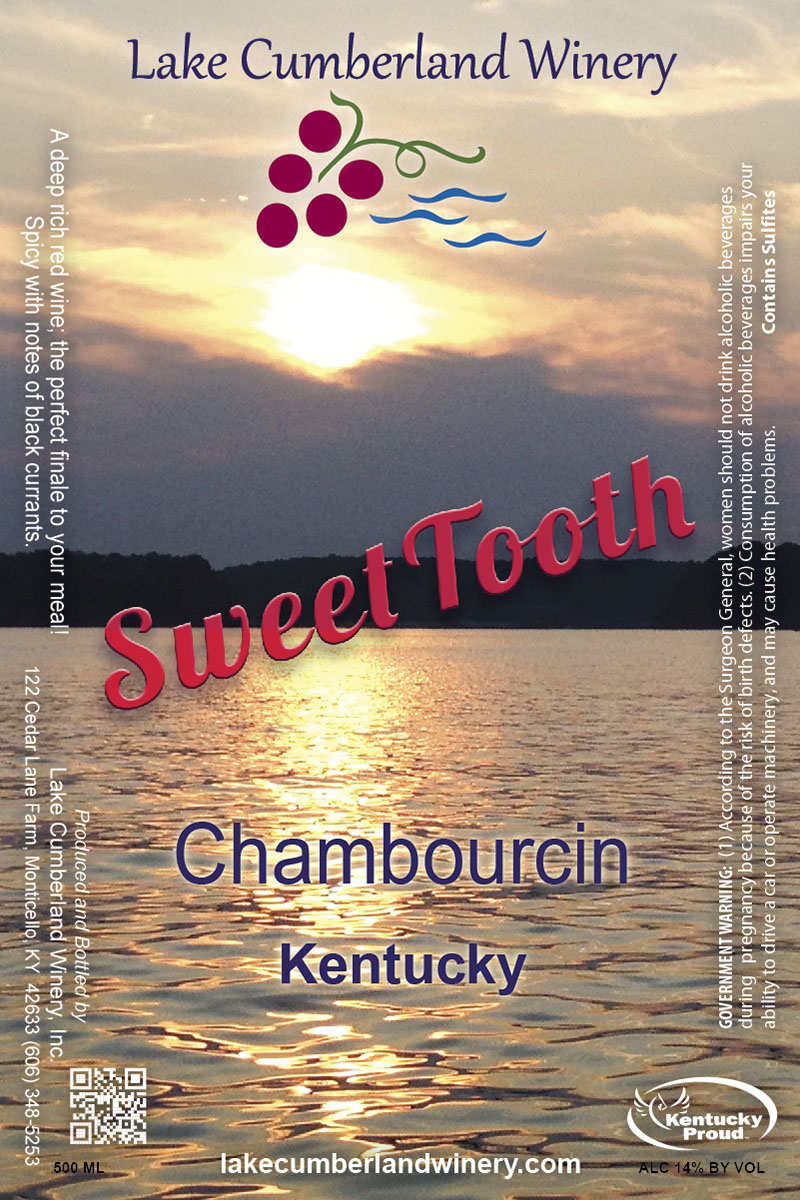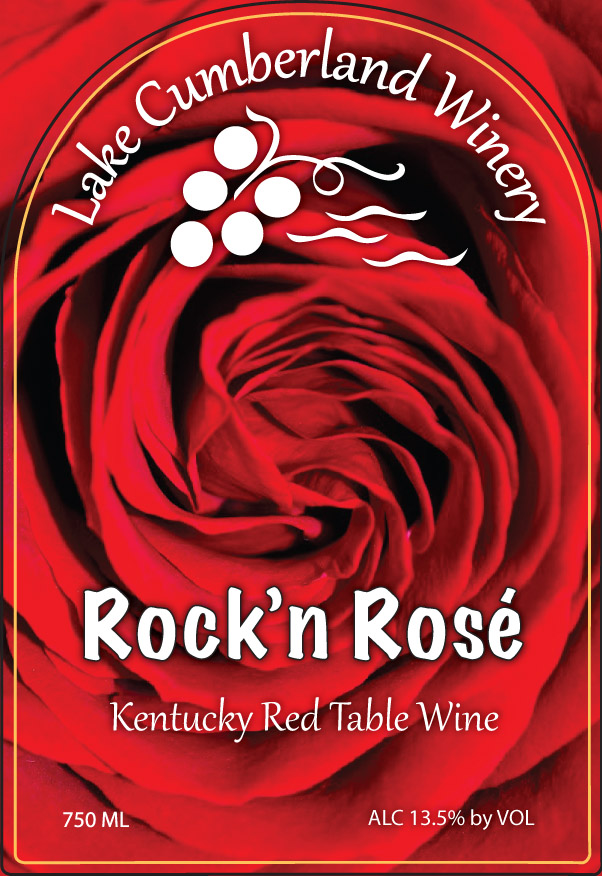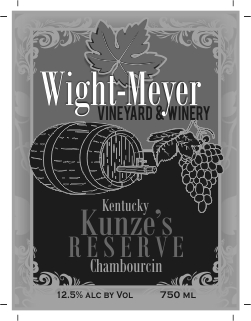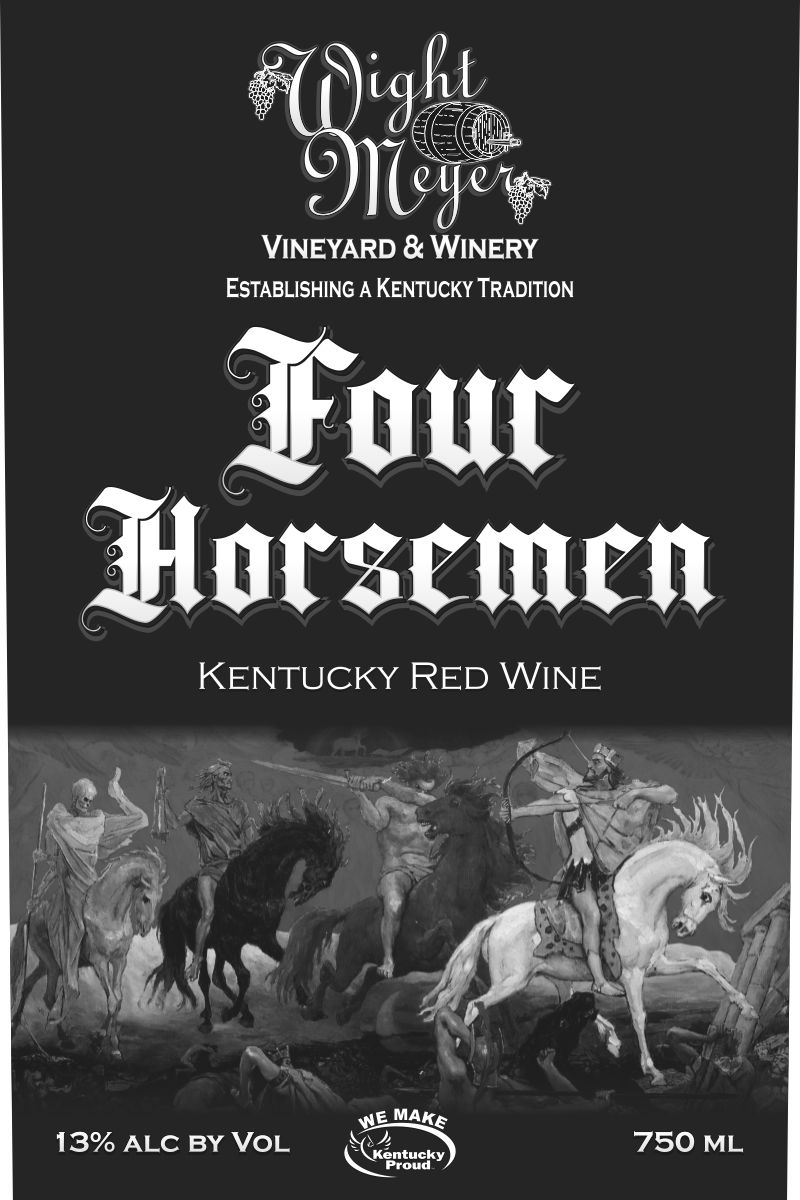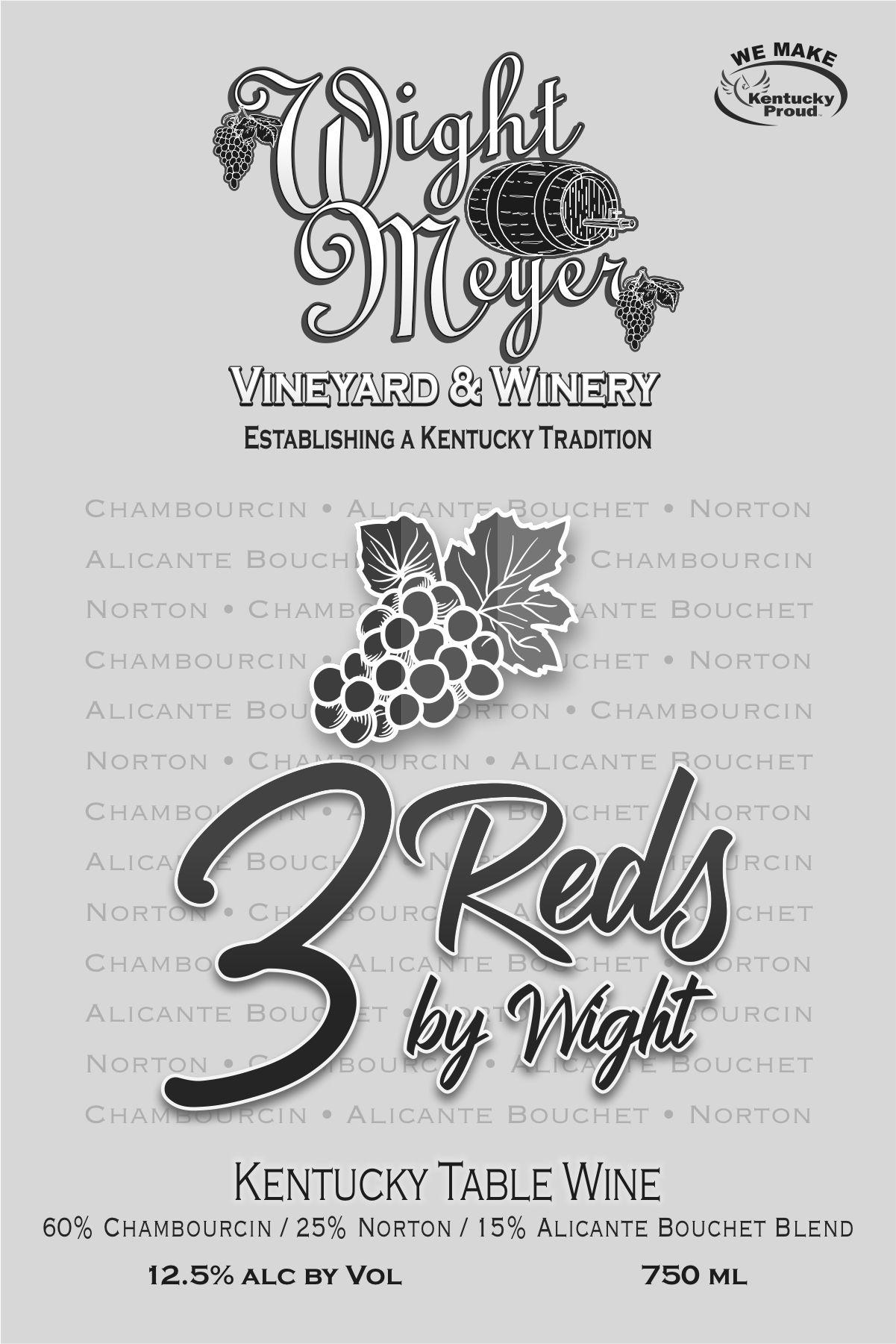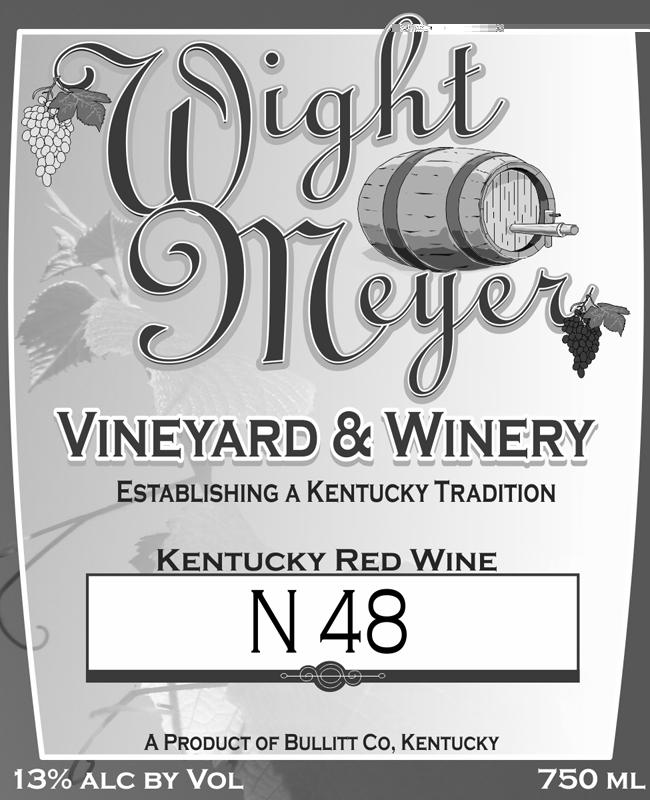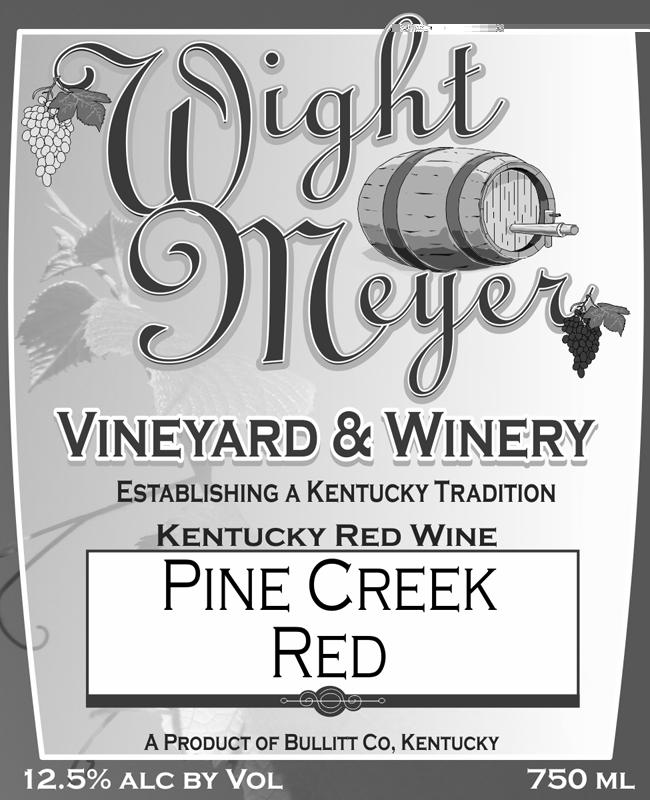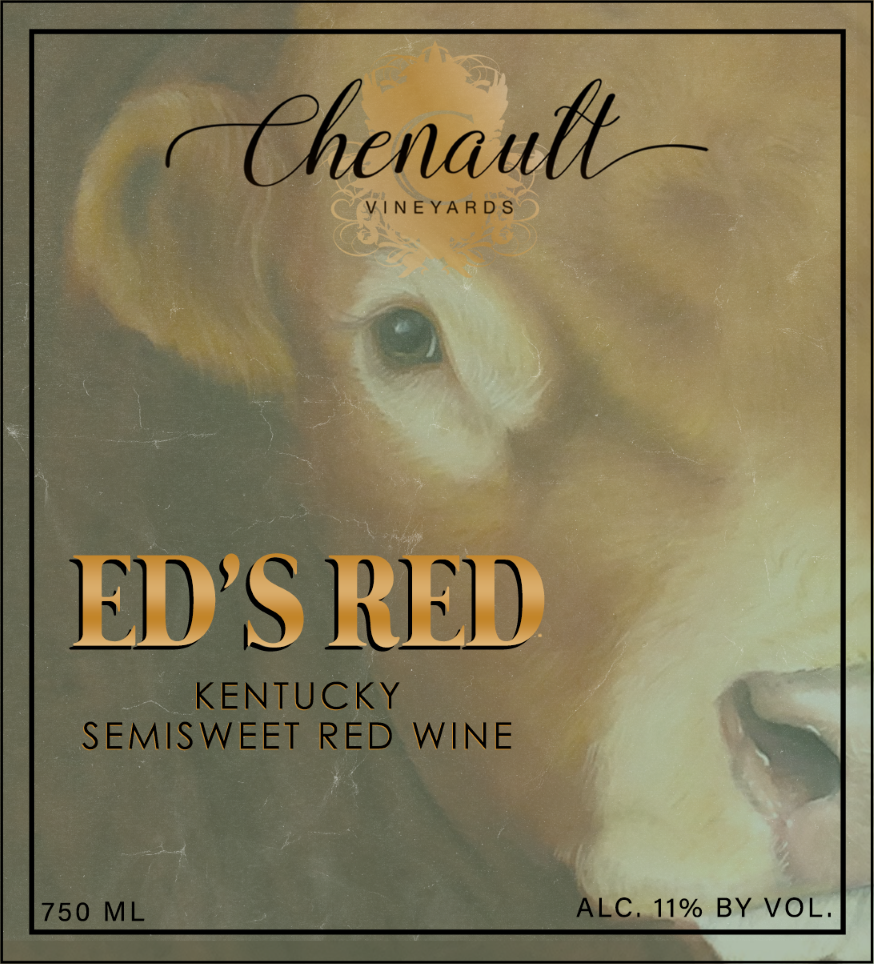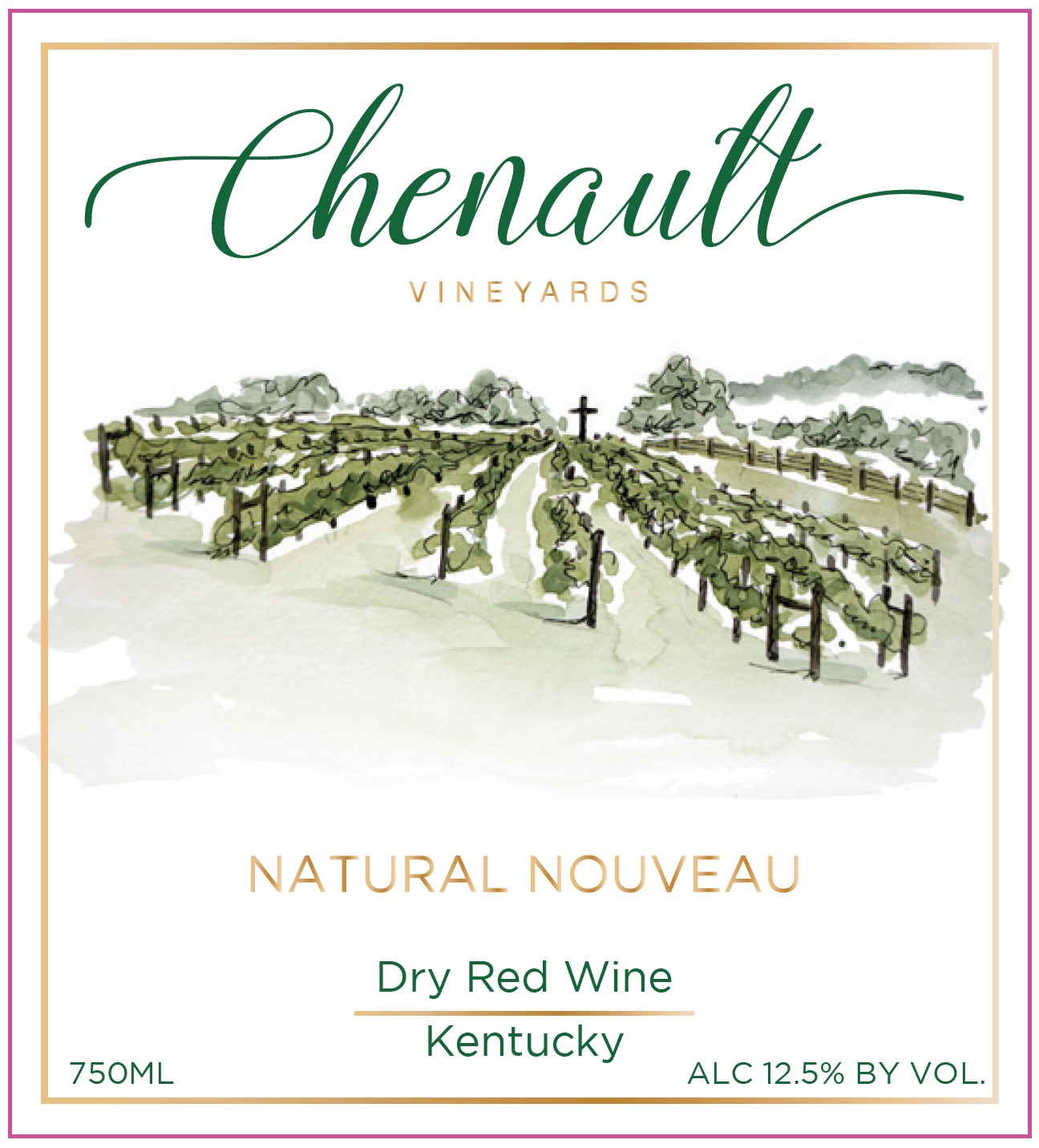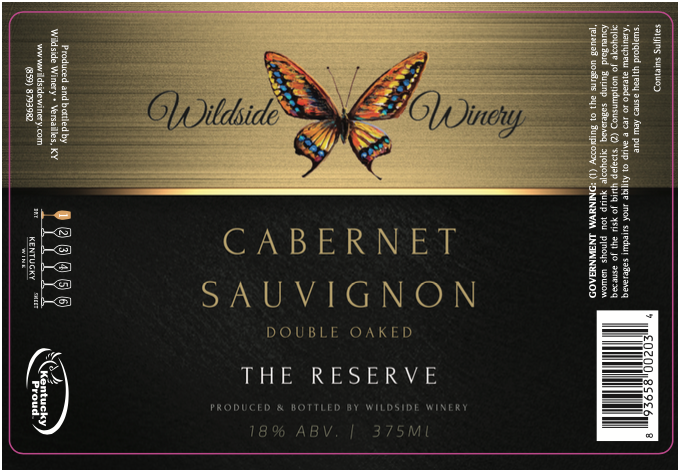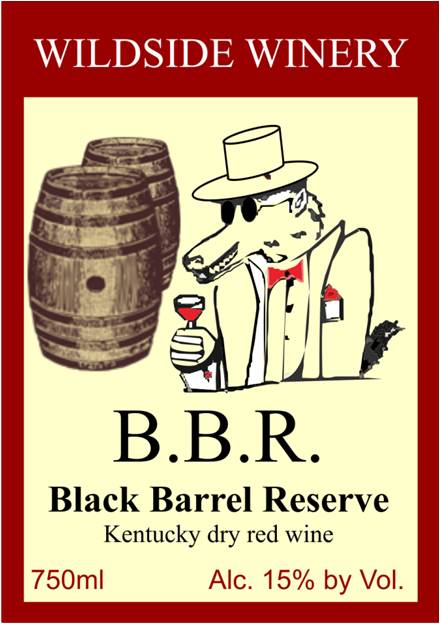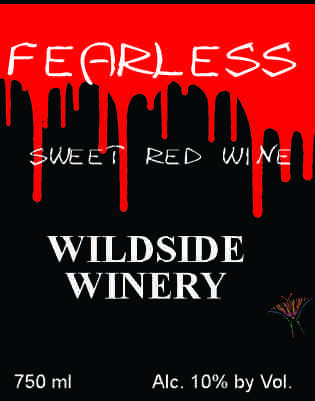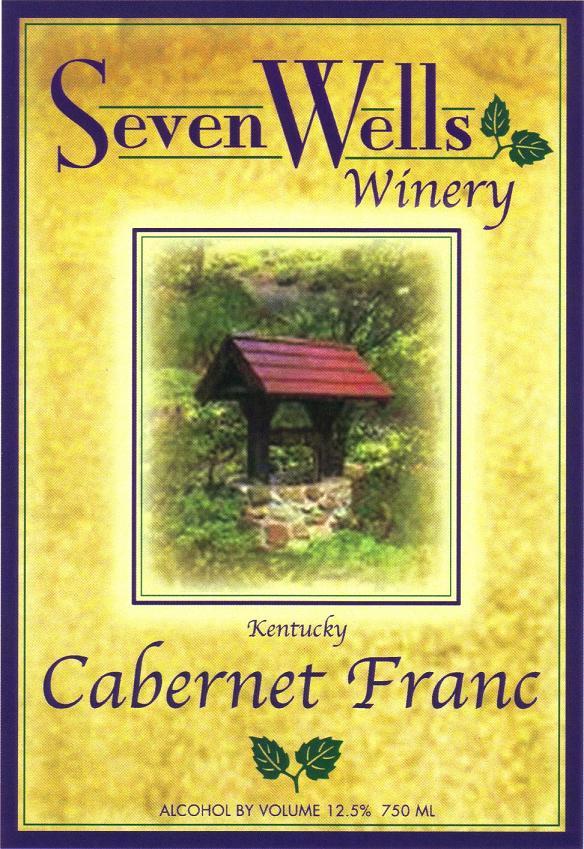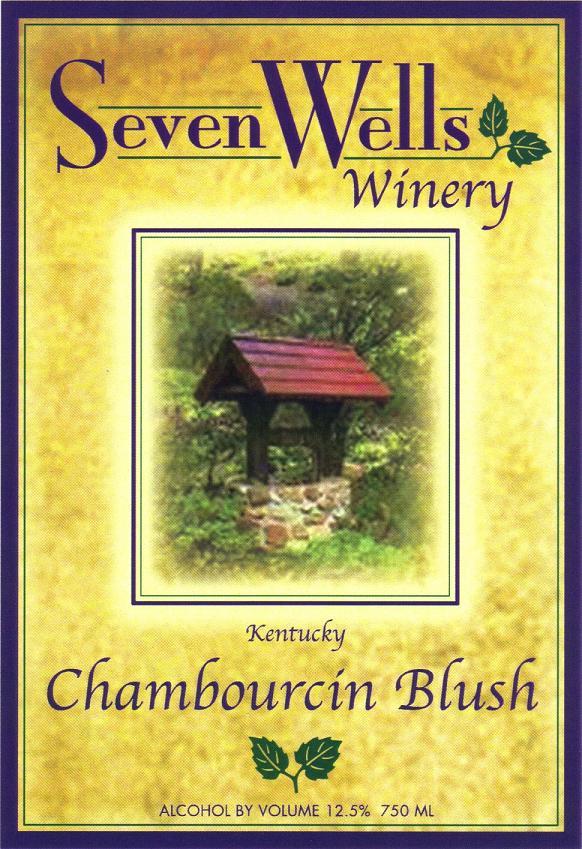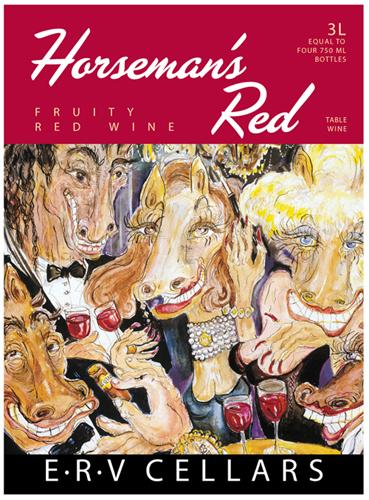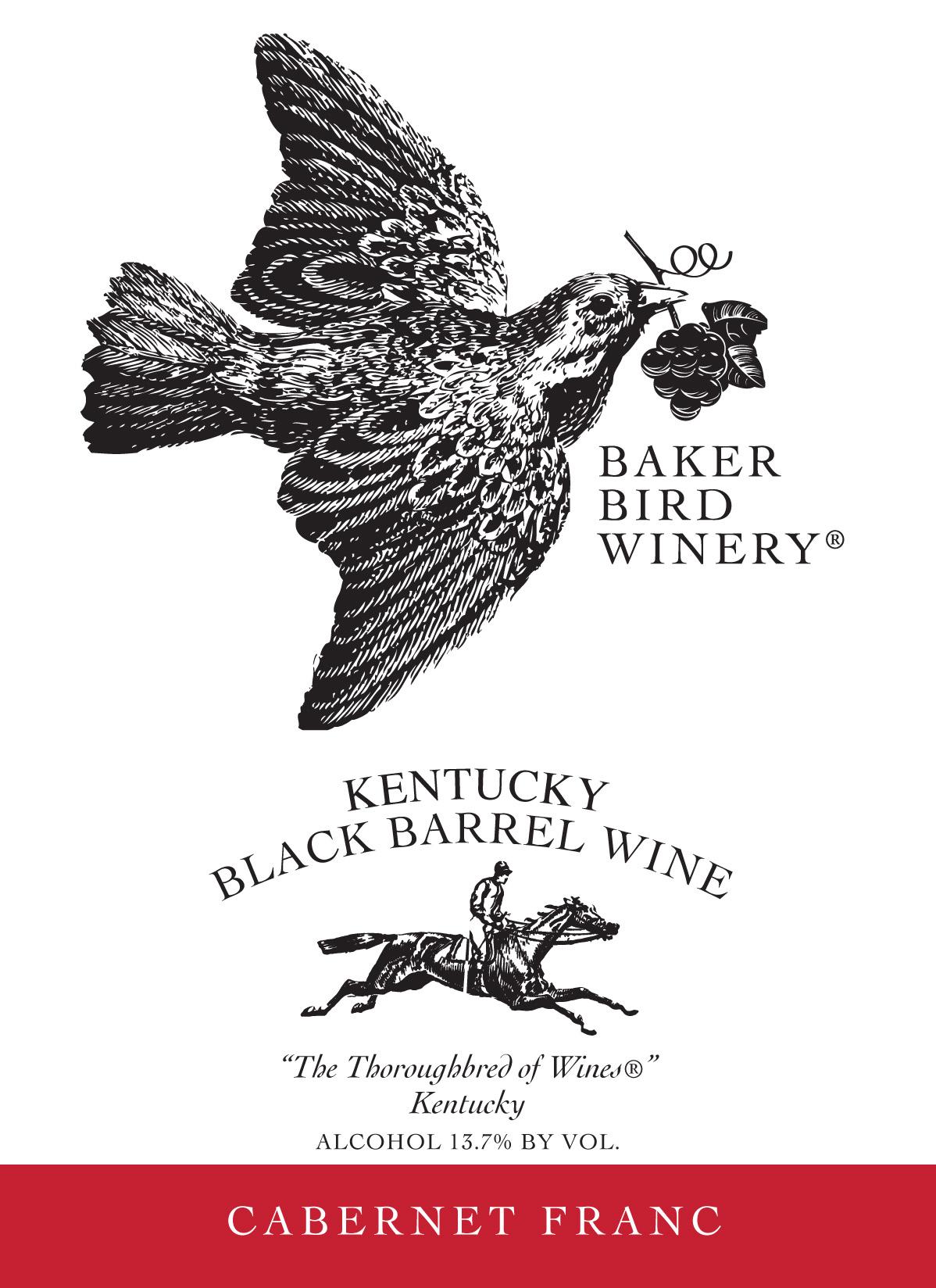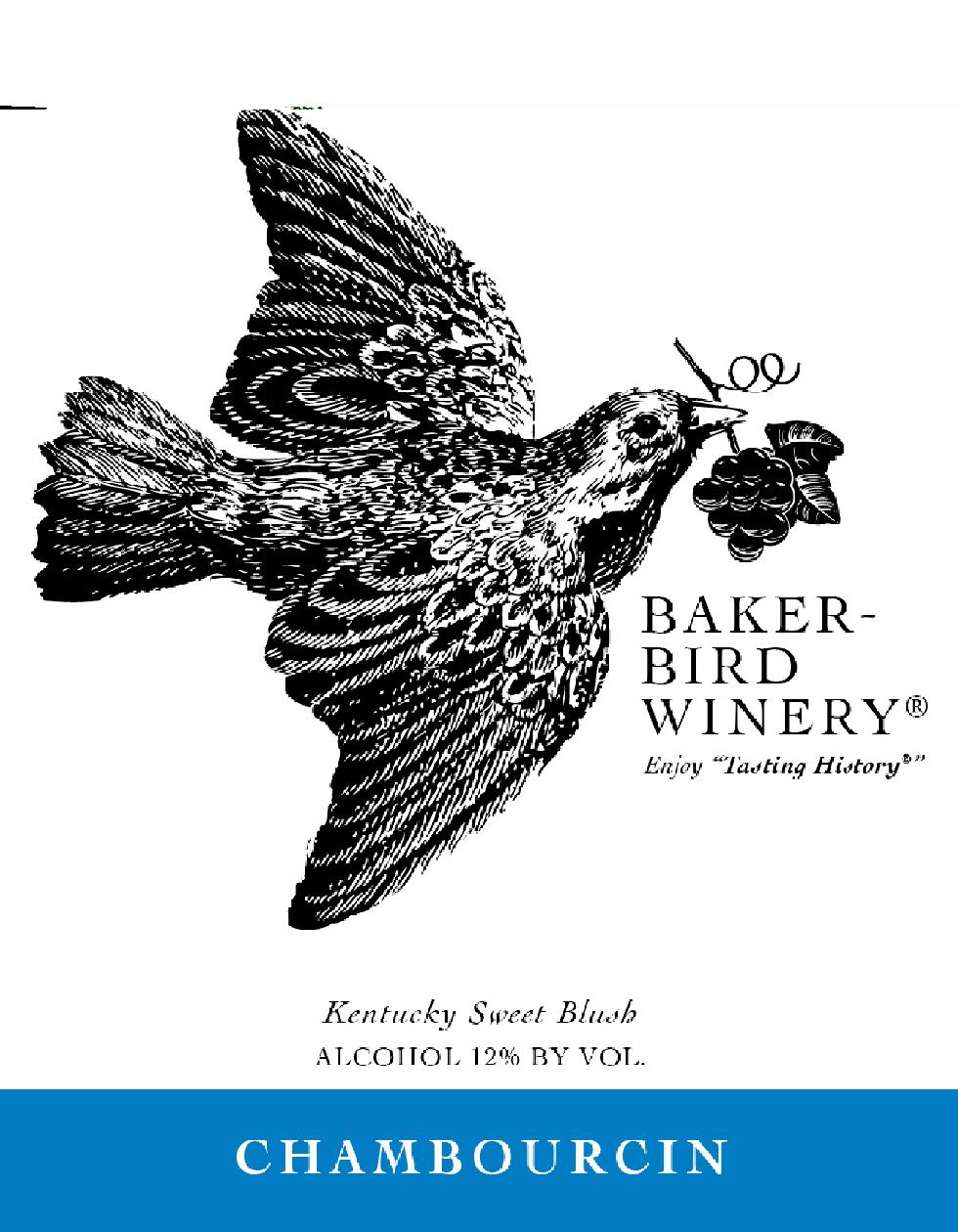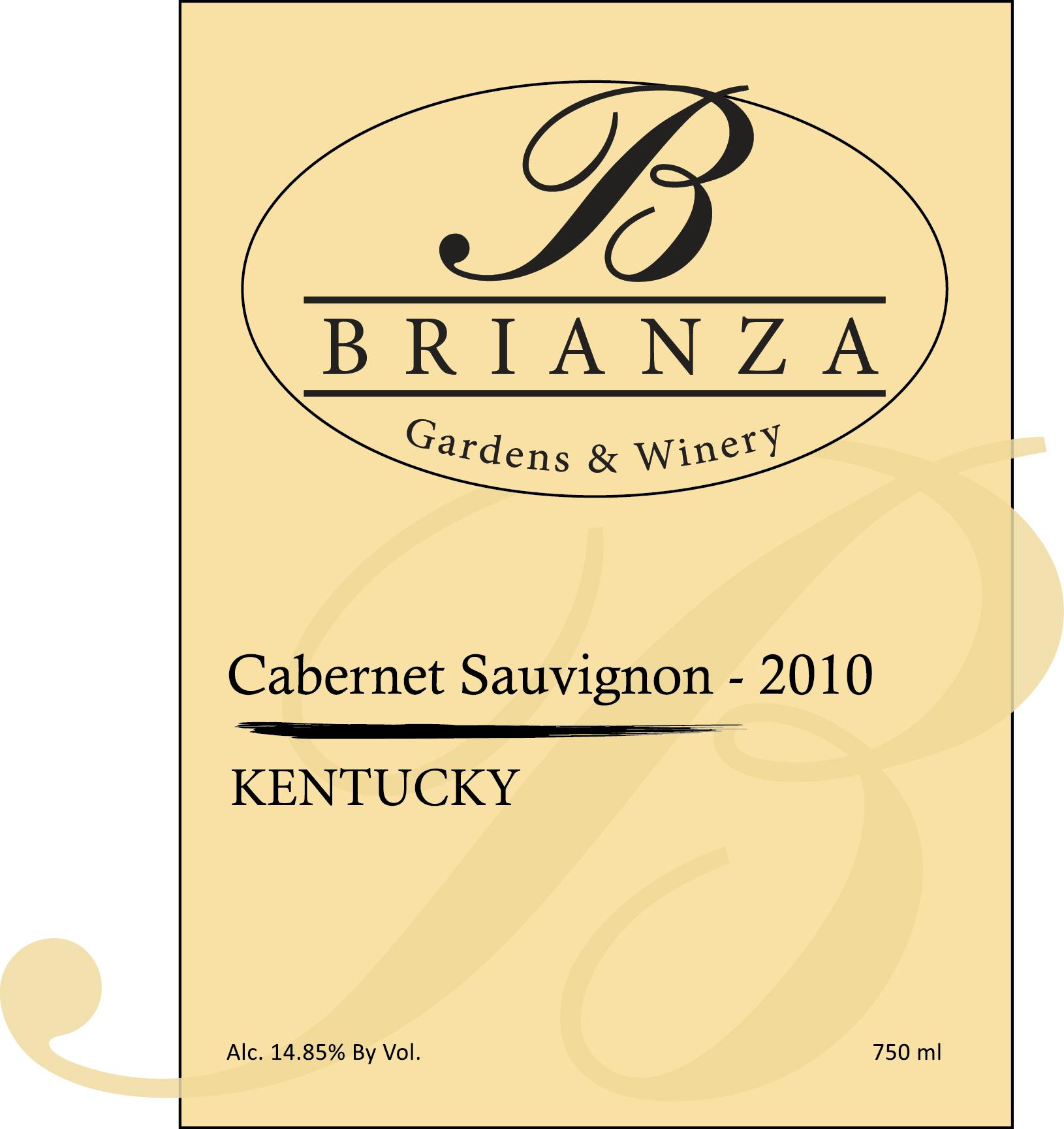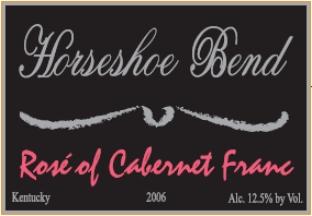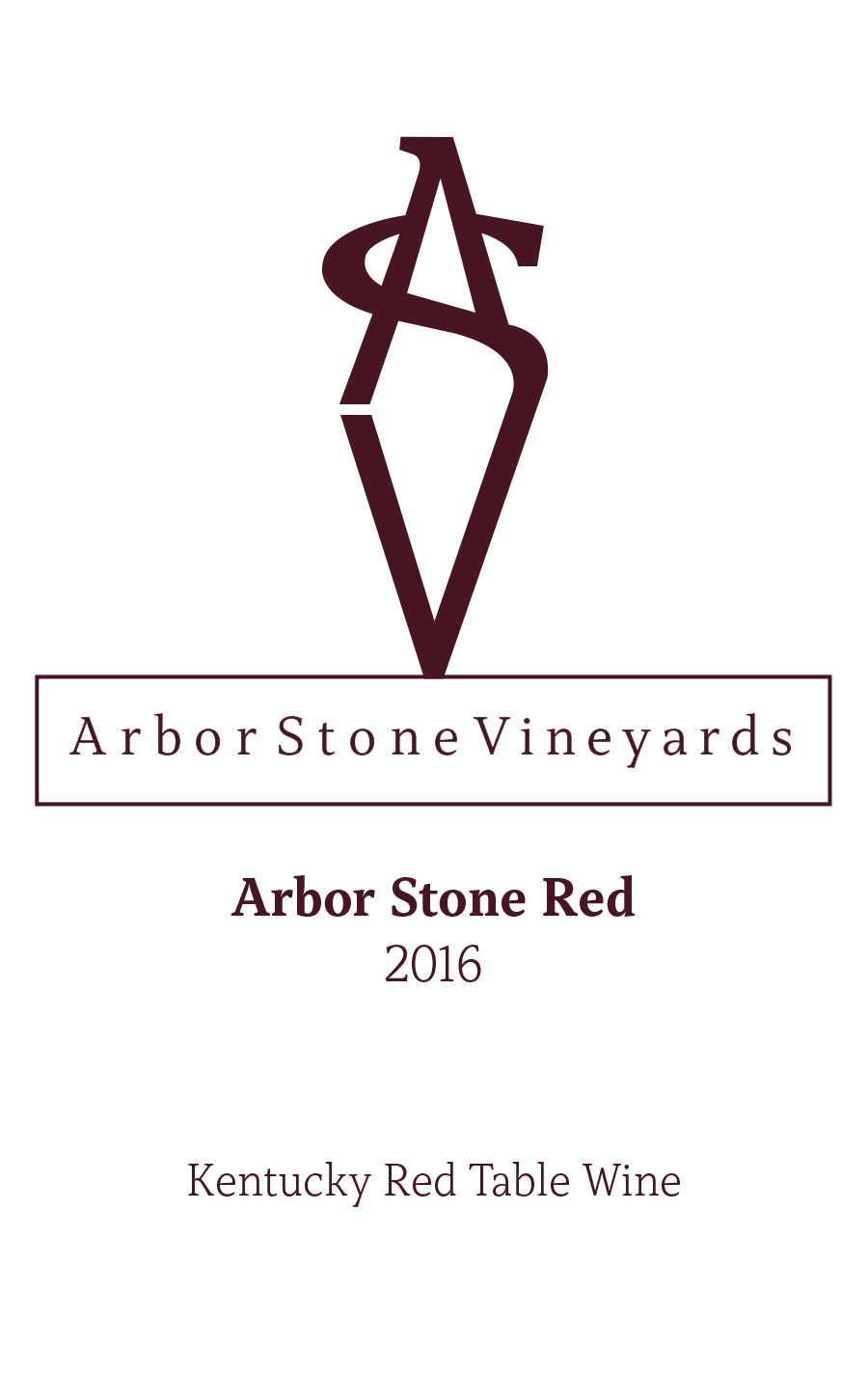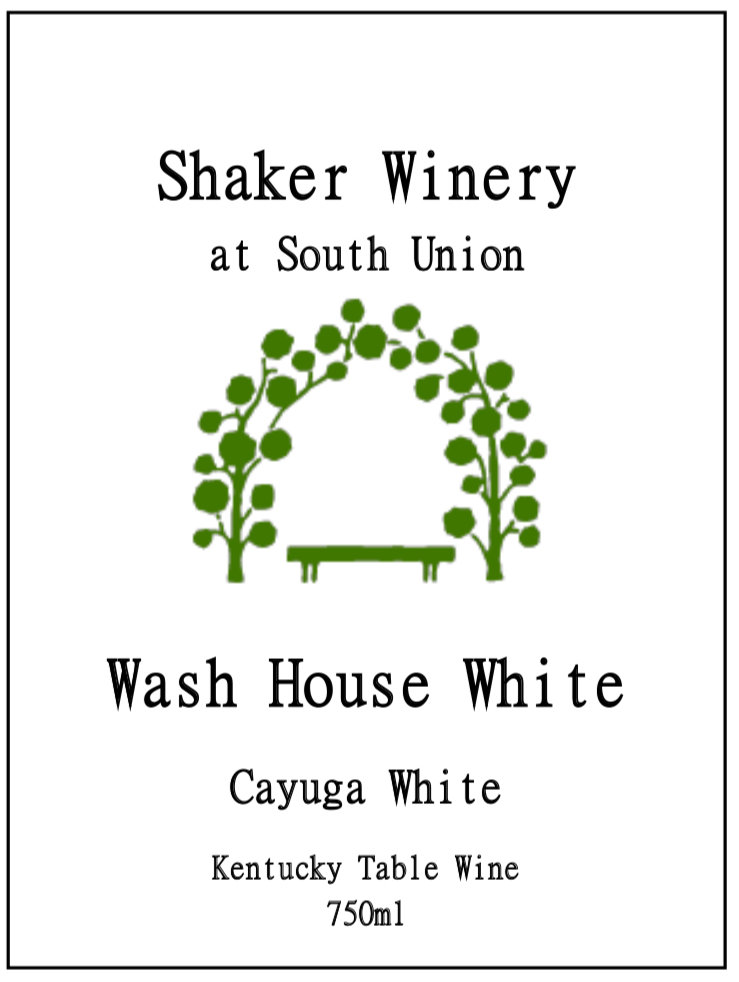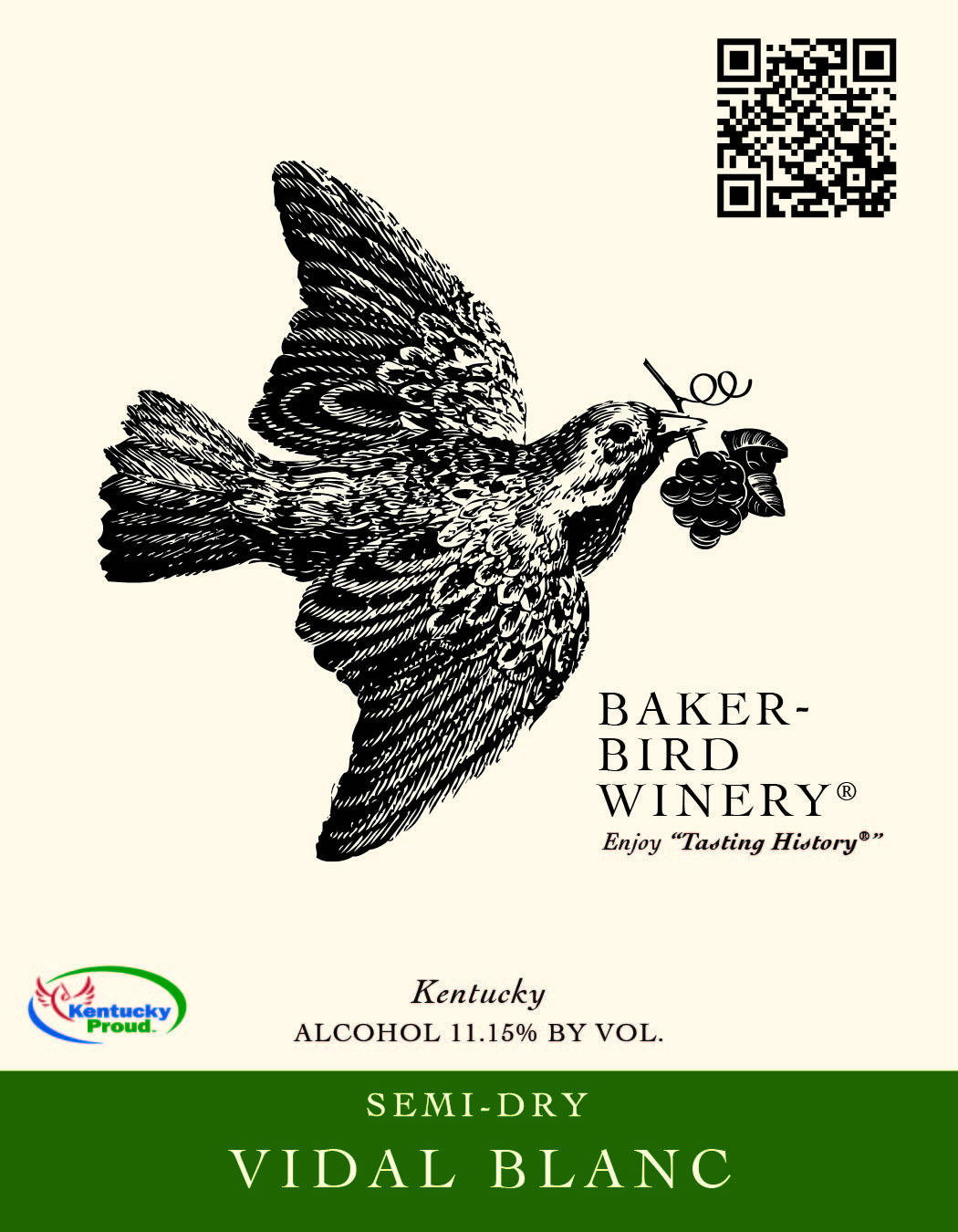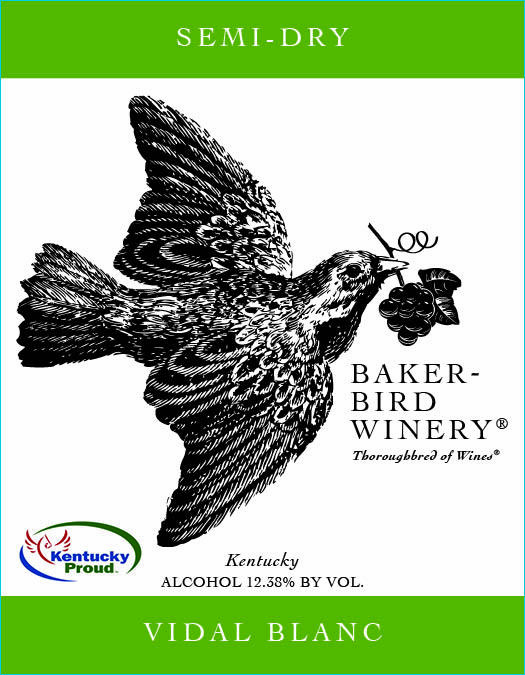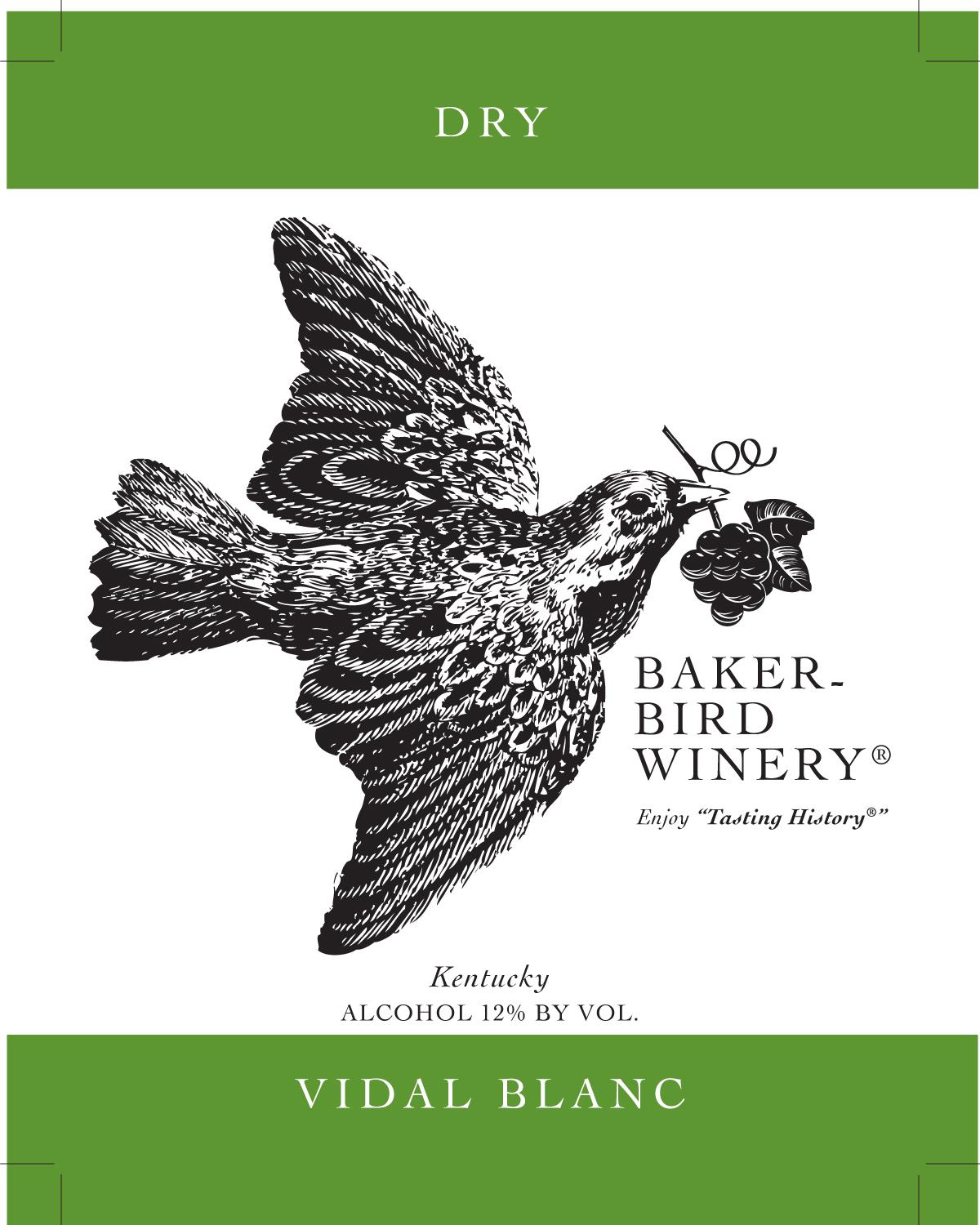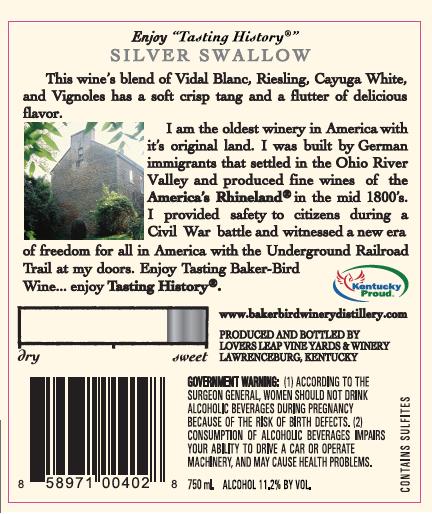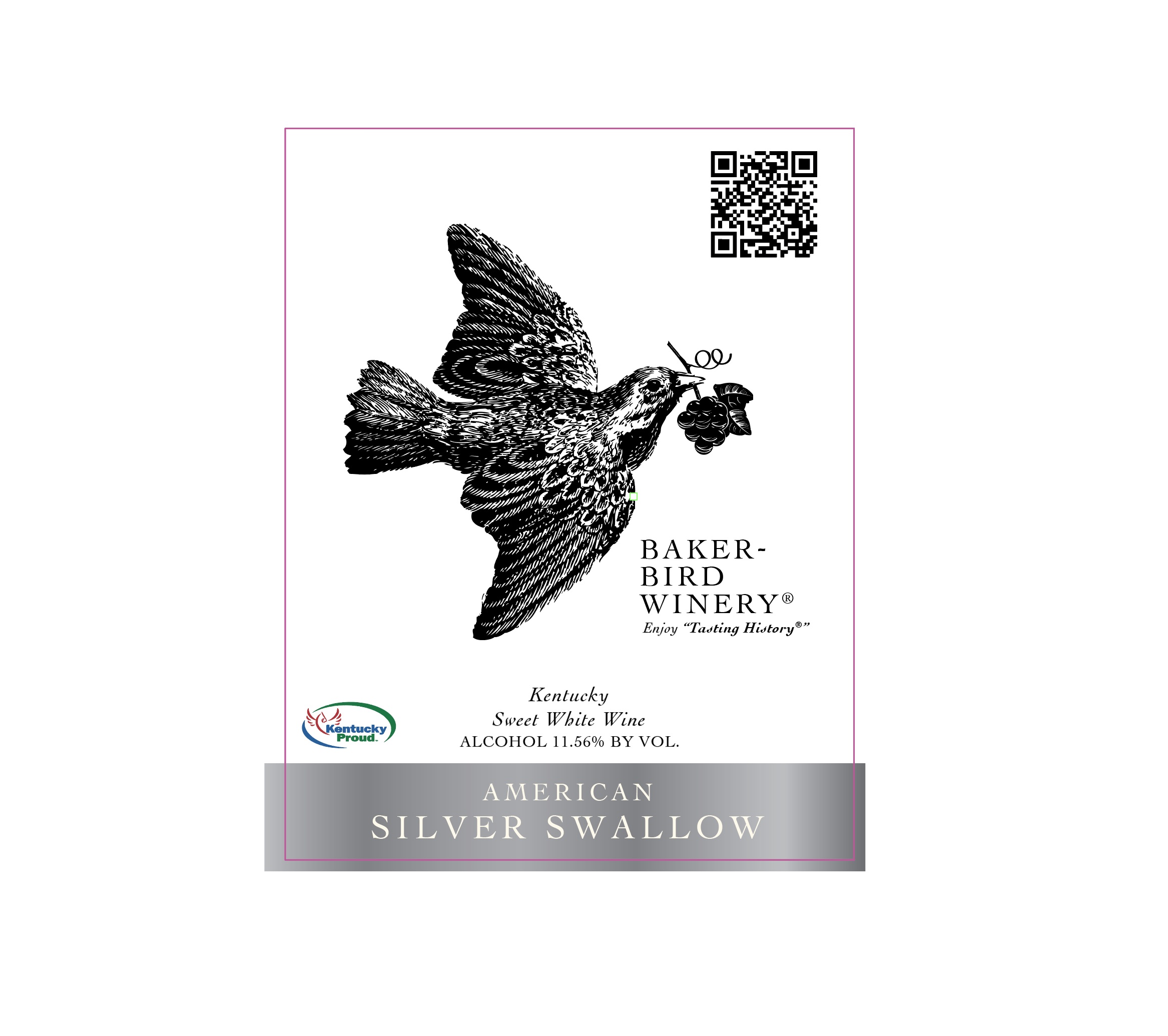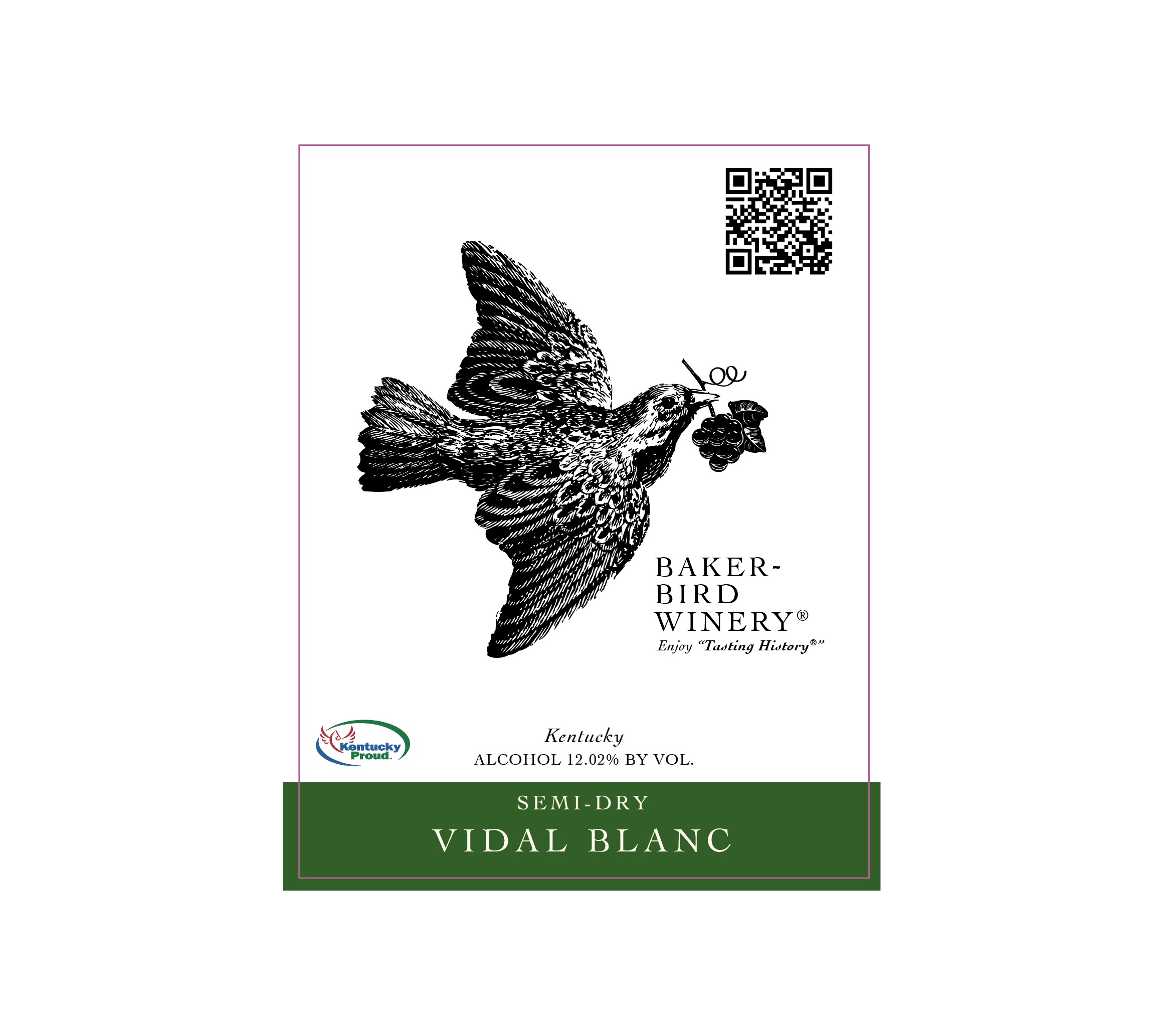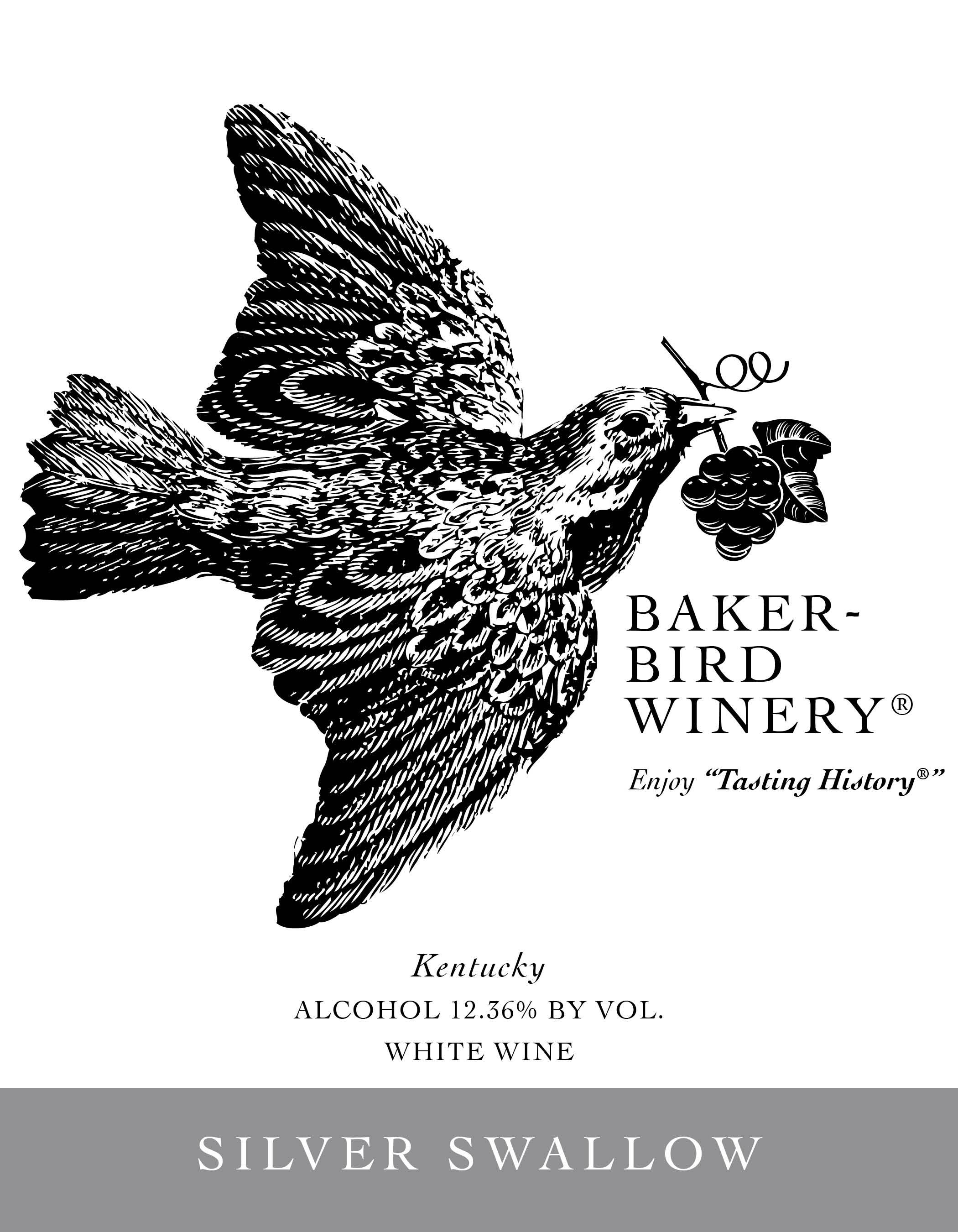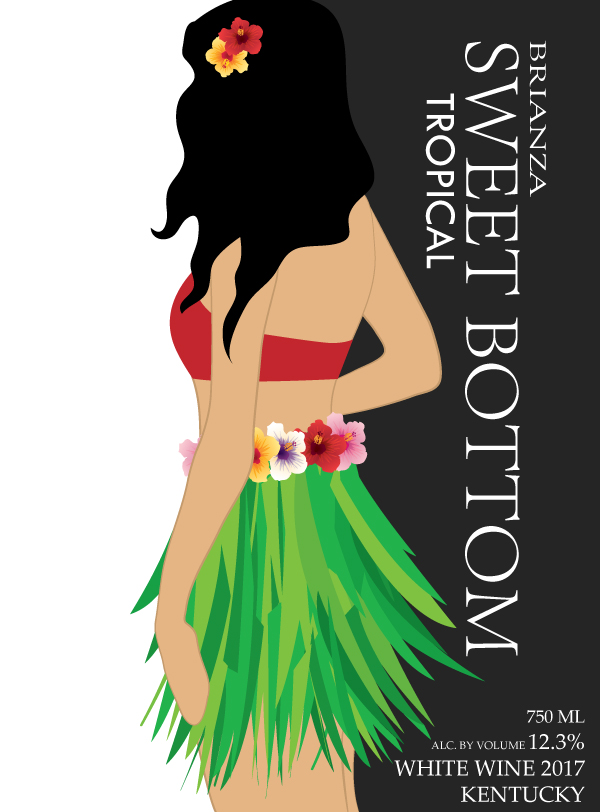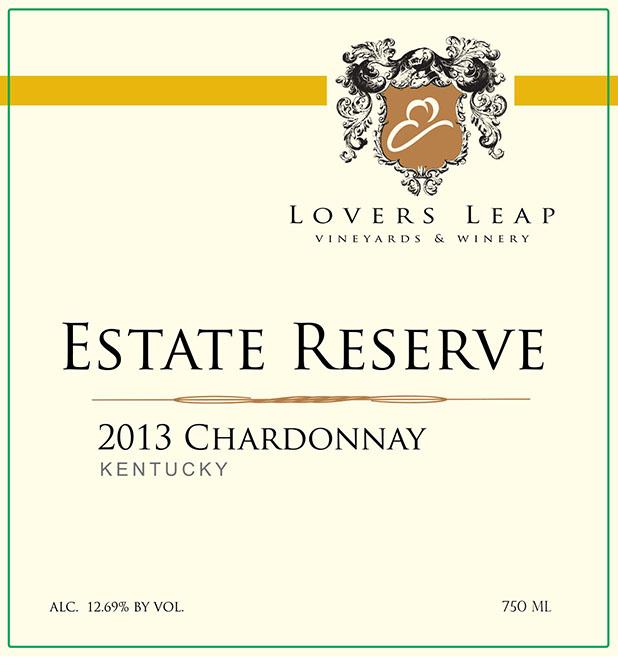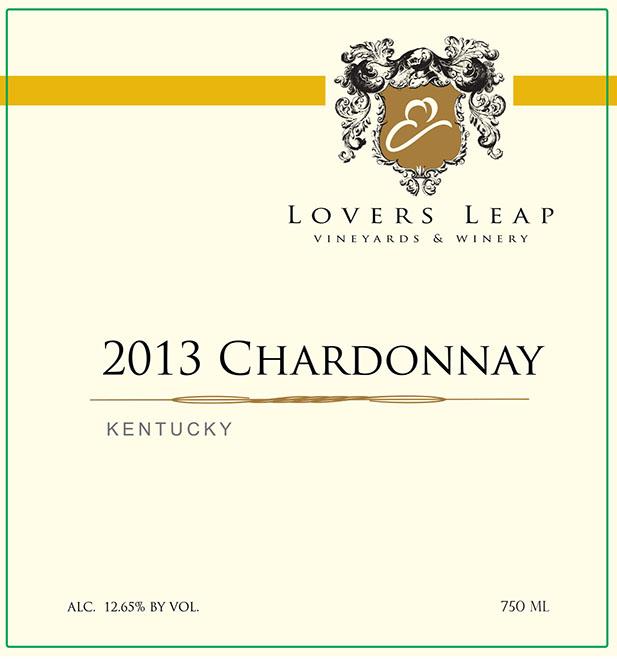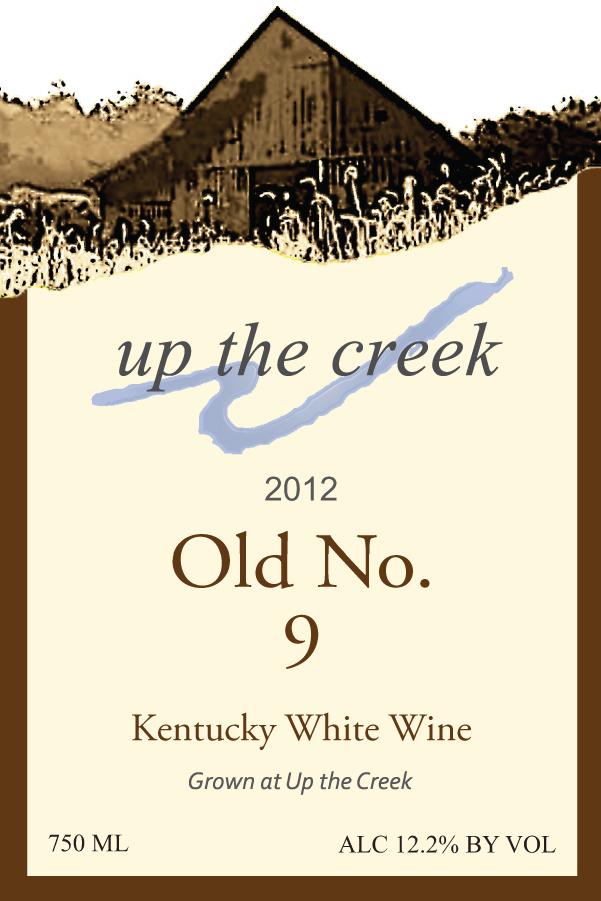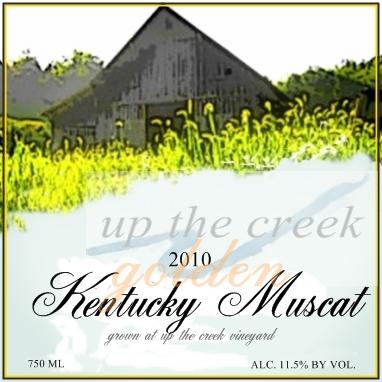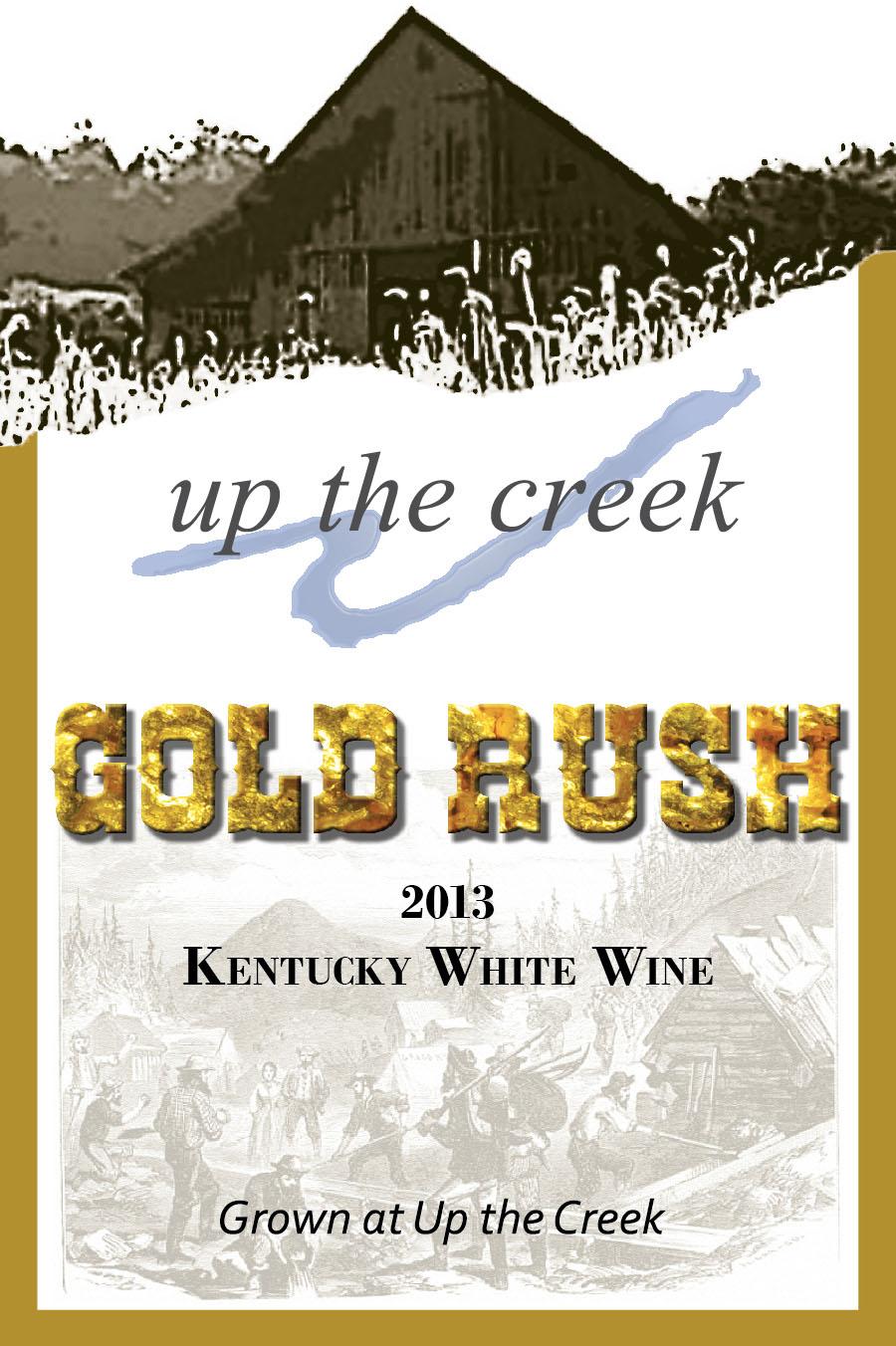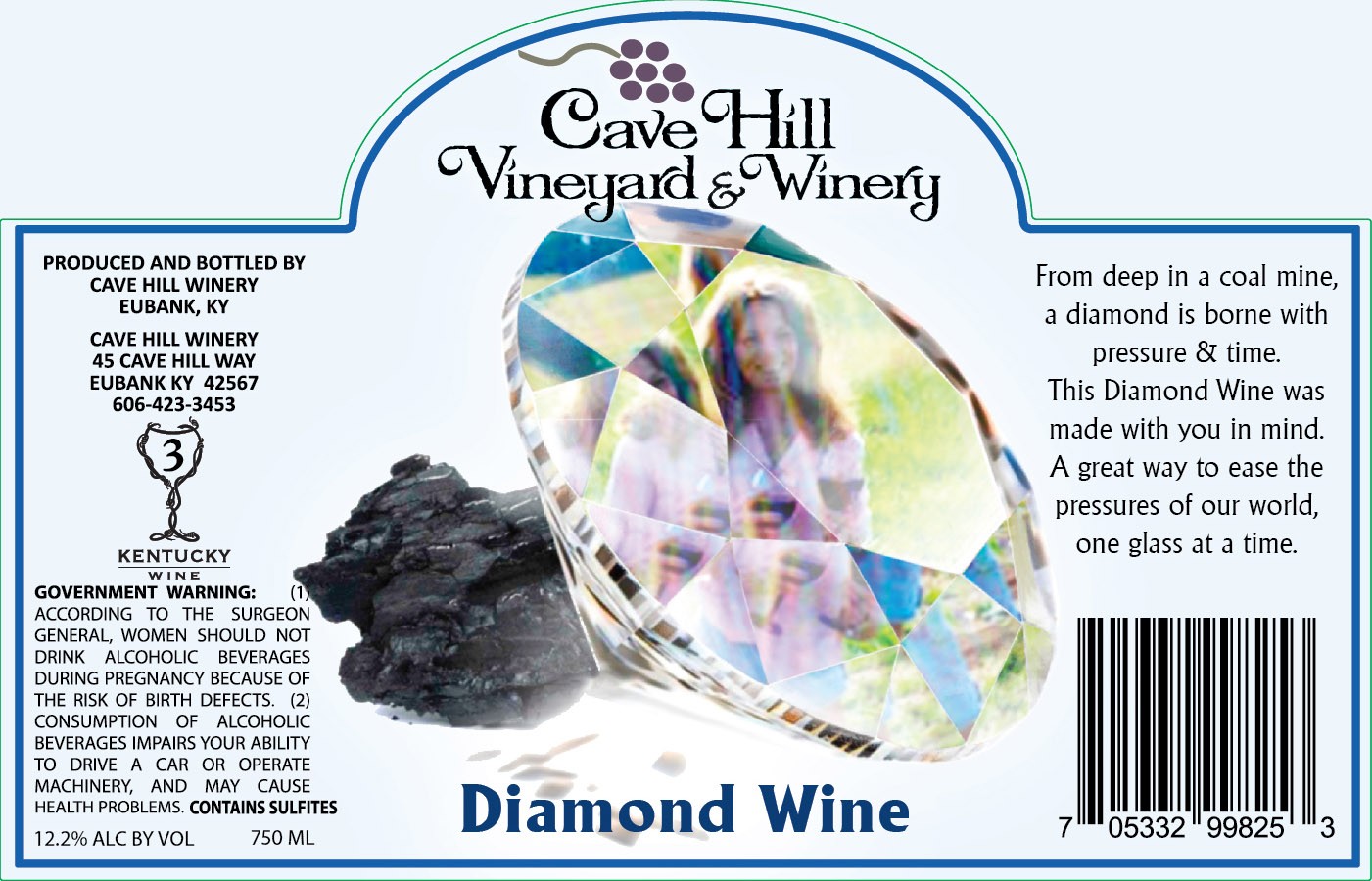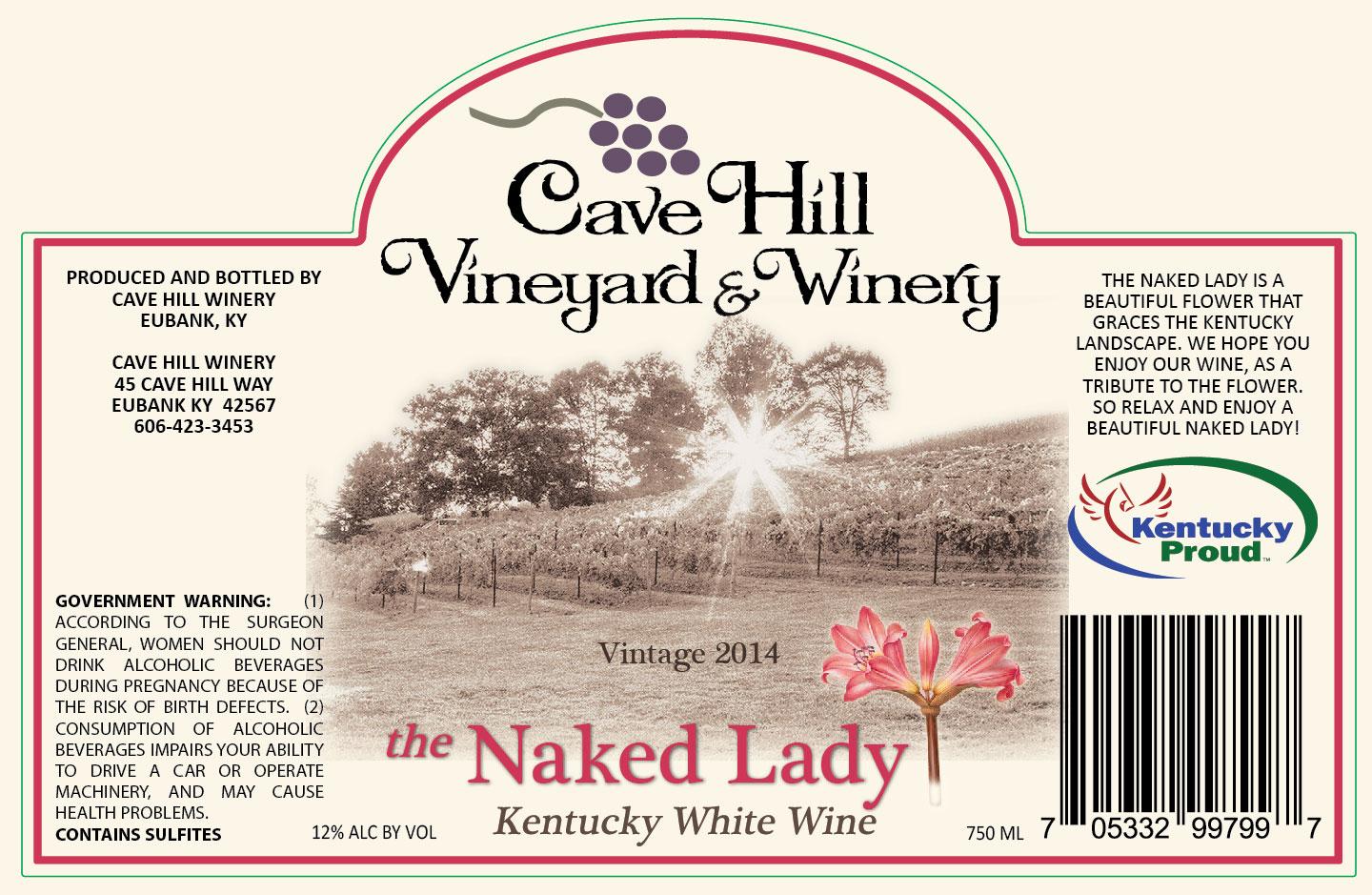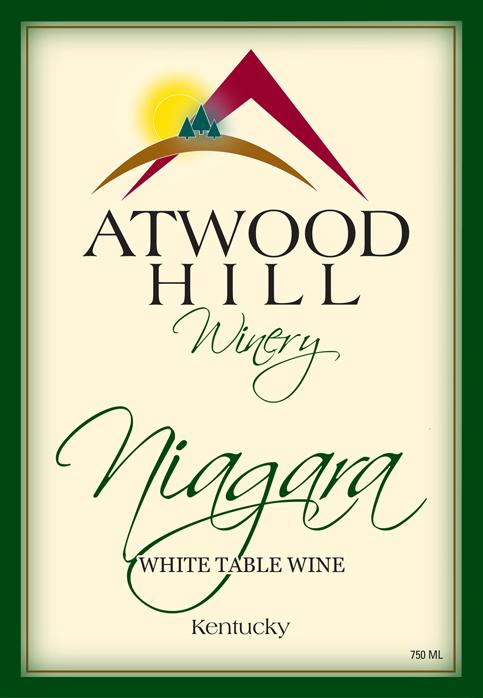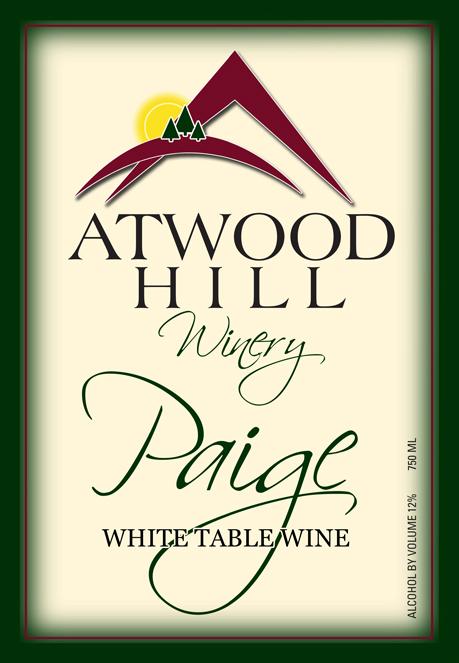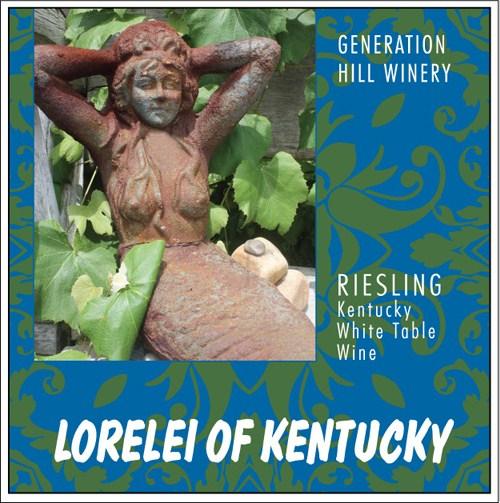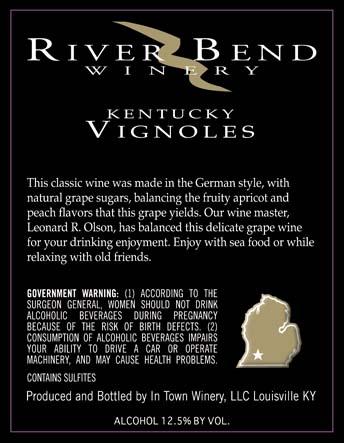Terroir of Kentucky
Kentucky's terroir and climate offer both challenges and benefits for grape growing. The state has a mix of humid subtropical and continental climates, with hot, humid summers perfect for ripening grapes, but severe winter freezes can threaten the vines.
The landscape varies from the Ohio River Valley to the Bluegrass Region, creating unique microclimates with fertile alluvial soils and limestone-rich clays. These soils support healthy vine growth and provide balanced nutrients for grape varieties like Norton and Chambourcin.
Vineyards on hilltops enjoy good air circulation, reducing frost risk and disease from high humidity. Kentucky's diverse terroir results in wines that showcase the resilience of its growers and the unique flavors of the region's soils and climate, reflecting warm Southern summers and the earthy notes of its native plants.
Notable Wineries in Kentucky
Kentucky's burgeoning wine scene is a testament to the state's rich history and diverse terroir. Here are some notable wineries contributing to this vibrant landscape:
-
First Vineyard (Nicholasville, KY): Nestled on the site of America's first commercial vineyard, it offers a taste of history with wines from the original “Cape Grape.”
-
Purple Toad Winery (Paducah, KY): Celebrated for its sweet, flavorful wines, this family-run winery is Kentucky's largest and most-awarded.
-
StoneBrook Winery (Camp Springs, KY): Known for its diverse offerings, from dry reds to fruit wines, in a charming 1890 farmhouse setting.
-
Jean Farris Winery & Bistro (Lexington, KY): This boutique winery pairs fine wines with gourmet dining, featuring unique Kentucky-grown Malbec.
-
Talon Winery & Vineyards (Lexington, KY): Located on a historic farm, it's known for award-winning wines and picturesque landscapes.
Sustainable Winemaking in Kentucky
Kentucky is embracing sustainability in its growing wine industry, with a focus on eco-friendly practices that honor the region's unique terroir. Winemakers are choosing resilient grape varieties like Norton and Chambourcin, which naturally resist local pests and diseases, reducing the need for chemical interventions. Cover crops and minimal tilling are used to maintain soil health, prevent erosion, and conserve nutrients. Water and energy conservation efforts are evident, with wineries utilizing drip irrigation and solar power to lower their carbon footprints.
Additionally, the creative reuse of materials, such as aging wine in recycled Bourbon barrels, highlights the region's commitment to sustainability while celebrating local heritage. As Kentucky's wine industry grows, these initiatives ensure that the state’s winemaking tradition remains both environmentally responsible and deeply rooted in its cultural landscape.
Wine Tourism in Kentucky
Kentucky's wine tourism scene is blossoming, offering an inviting mix of Southern charm and unique wine experiences. The state's vineyards and wineries welcome about 100,000 visitors annually, contributing significantly to local tourism.
Noteworthy trails, like the Kentucky Wine Trail, guide explorers through picturesque landscapes, from horse farms to river valleys. Each trail offers a taste of Kentucky’s diverse wine styles, from Norton’s complex reds to sweet fruit wines.
Wineries such as Equus Run and Talon Winery provide engaging tours and tastings, enhancing visitor understanding of the winemaking process.
Events, like the Kentucky Wine & Vine Festival, showcase local wines alongside music and food, while culinary experiences highlight local produce and blend wine with Kentucky’s bourbon heritage.
This blend of natural beauty, cultural richness, and warm hospitality makes Kentucky an attractive destination for wine enthusiasts.



